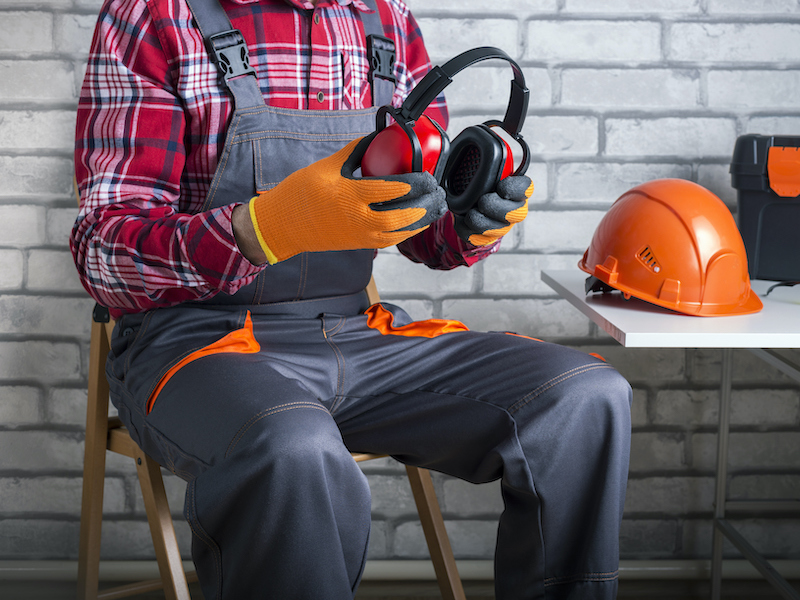
Your ability to hear is precious – once you lose it, the likelihood of getting it back in its natural form is slim to nil. But for some reason, hearing loss tends to go untreated and uncontrolled in the general population. In the US alone, one in eight individuals over the age of 12 suffer from neglected and permanent hearing loss.
Protecting your hearing from the start is the best and easiest way to prevent hearing loss, but if you already have hearing loss you can recover much of your hearing with a hearing aid.
Here are five easy ways that you can protect your hearing:
Don’t use earbuds
Earbuds are one of the biggest dangers to hearing health today since they’ve come as an accessory to most mobile devices going back to the first MP3 players in the early 2000s. Almost every smartphone available comes with a set of these little devices that sit snugly in your ear and pump sound straight into your ear canal. You can get irreversible hearing damage by listening to a movie or music on your mobile device at max volume for just 15 minutes. The better option would be to buy a set of earmuff-style headphones that go over your ears, which is made even more effective if you can find a set that has noise-canceling technology. Following the 60/60 rule, which suggests a maximum volume of 60% for no higher than 60 minutes per day, is another safety measure to protect your hearing.
Reduce the volume
Earbuds don’t produce the only sounds that can harm your hearing. Loud sounds from a TV or radio can do as much harm if you consistently listen to them over a sustained period of time. Shooting ranges, concerts, construction zone, and other noisy environments should be avoided. It might be impractical to completely avoid these situations especially if they’re part of your job. If that’s the case, then you’ll want to take note of the next item on the list.
Utilize hearing protection
Hearing protection is crucial if you work in a setting or enjoy hobbies that expose you to loud sounds. 85 decibels over a period of 15 minutes is enough to cause hearing loss. Compare that to the following:
- The average gunshot clocks in at 149 decibels, which is multiplied and amplified over the course of a one hour visit to an indoor shooting range
- The majority of concerts are between 100 and 120 decibels with headliners commonly playing for about an hour and 20 minutes
- The noise of a construction site can be over 130 decibels and many workers spend 40 or more hours a week there
The moral here is that you should purchase some sort of hearing protection such as earmuffs or earplugs if you engage in any of these activities.
Take auditory breaks
Sometimes giving your ears a rest is the smartest thing you can do. If you participated in any of the activities listed above, you really should make sure to take some quiet time to yourself so your ears can rest and recover, even if you were using ear protection. That means, you probably shouldn’t get into your car and start blasting loud music right after you leave a 3-hour concert.
Check your medicine
Your medicine may actually have a significant impact on your hearing. There are some medicines that have been proven to trigger hearing loss including certain heart and cancer medications, aspirin, antibiotics, and anti-inflammatory medication. Luckily, medication related hearing loss normally only happens when more than one of these medicines are taken together making it far less common.
Are you suffering from hearing loss and want to seek out new treatment? Make an appointment with us for a hearing test.
Resources
https://www.cdc.gov/nceh/hearing_loss/how_does_loud_noise_cause_hearing_loss.html
https://armeddefense.org/hearing-protection
https://www.uofmhealth.org/health-library/tf3092